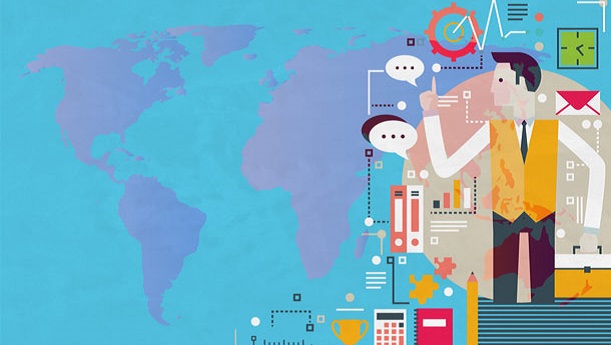
Humans are flawed by design, but each day we can get a little bit better, a little more empathetic, and a little more patient. Emotional intelligence and cultural intelligence are primary ingredients to great leadership.
Log In or become an AIMA member to read more articles
